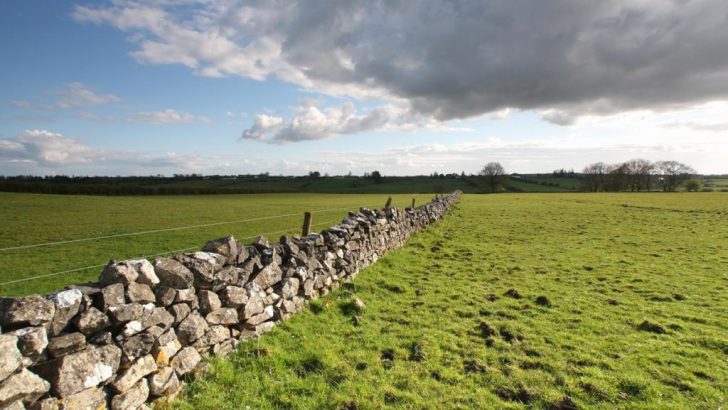“The Church will still continue to work and pray for a flourishing of vocations to the priesthood”, writes Michael Kelly
“The last person out should switch off the lights.” That’s Donegal-based priest Fr Edward Gallagher’s stark reaction to revelations this week that dozens of rural post offices are set to close. Fr Gallagher, parish priest of Kilcar, said it was “another sign of the death of rural Ireland”.
It’s hard to disagree. Over the years, many rural towns and villages have seen their entire local infrastructure disappear bit by bit. Whether it is the closure of banks, post offices or the last pub in the village, the closures have contributed to increasing rural isolation.
The problem is compounded by the fact that as long-cherished local institutions disappear, so too the people. Younger people feel the need to move to larger urban areas, not just in search of work, but in search of basic facilities that people in large towns and cities take for granted. It also becomes increasingly difficult to attract people such as teachers and doctors to move to rural areas starved of local amenities.
Problem
I’d like to think that the problem is going to get easier, but it’s going to get worse. In many small communities, the only constant has been the local parish church and the resident priest. As it stands, many bishops in Ireland are unable to fill parishes as vacancies occur. At the moment, many parishes are in ‘keep the show on the road’ mode. Priests are overstretched and, as men get older, are asked to take on more and more responsibilities.
Fr Liam Ryan, a Maynooth-based sociologist known to generations of priests trained there, died in 2015. Years earlier, he had noted, half-joking/half-serious, that the future of the Church in Ireland would mirror that of the gardaí. “There’ll be two curates in a squad car covering half of the diocese,” he said. It’s an amusing image that will not quite come to pass, but the truth is unavoidable.
Some parishes have already experienced the loss of a resident priest. Many more parishes will have to come to terms with this reality.
There will be parishes where it will just not be possible to celebrate the Eucharist as a community on a weekly basis. Lay-led liturgies will become the norm in many areas. Will those who attend Mass now keep coming to such liturgies? Only time will tell, there’s no obligation on Catholics to attend Communion services or other liturgies in the absence of a Sunday Mass.
In some areas, priests from overseas will fill the gap, and, of course, the Church will still continue to work and pray for a flourishing of vocations to the priesthood. Energetic and courageous laypeople and deacons will also step into the breach.
But, at least in the short- to medium-term, the model of the Church in Ireland will alter dramatically. Parishes where Mass has been celebrated unbroken for centuries will no longer have that blessing on their local community. Bishops, forced to deal with scant resources will inevitably (and understandably) concentrate manpower on larger urban areas.
Rural Ireland will be the losers again. The widespread phenomenon of parishes without priests may yet prove to be as much of a cultural shift in Ireland as when we stopped speaking our native language.


 Michael Kelly
Michael Kelly